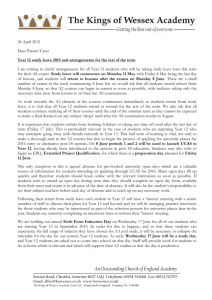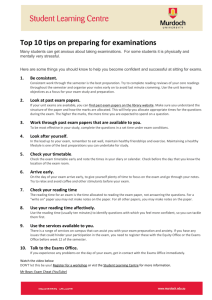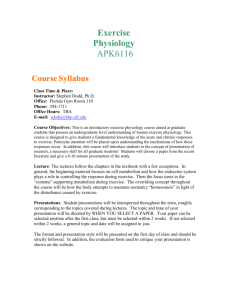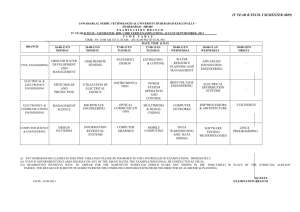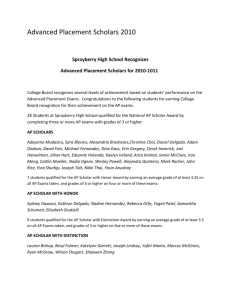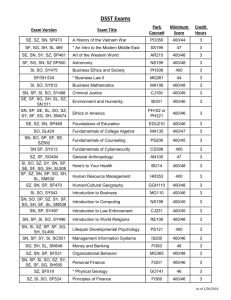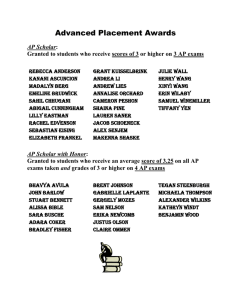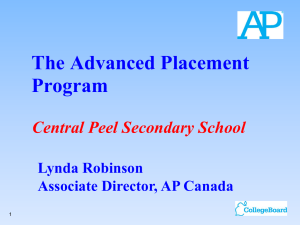advanced placement program
advertisement
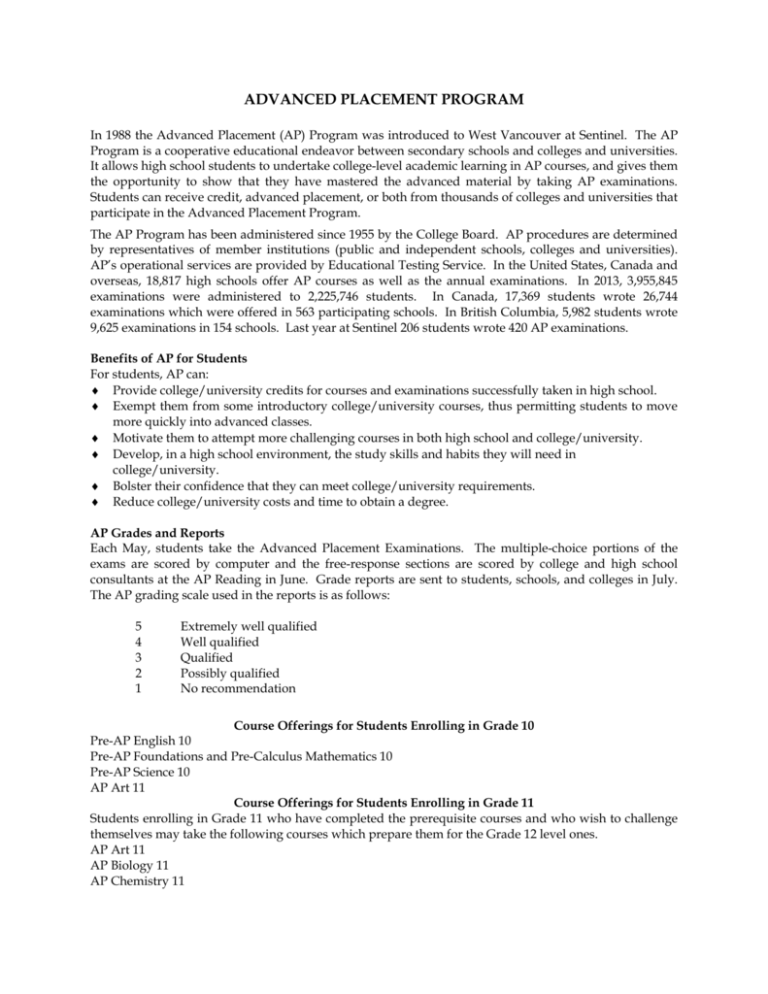
ADVANCED PLACEMENT PROGRAM In 1988 the Advanced Placement (AP) Program was introduced to West Vancouver at Sentinel. The AP Program is a cooperative educational endeavor between secondary schools and colleges and universities. It allows high school students to undertake college-level academic learning in AP courses, and gives them the opportunity to show that they have mastered the advanced material by taking AP examinations. Students can receive credit, advanced placement, or both from thousands of colleges and universities that participate in the Advanced Placement Program. The AP Program has been administered since 1955 by the College Board. AP procedures are determined by representatives of member institutions (public and independent schools, colleges and universities). AP’s operational services are provided by Educational Testing Service. In the United States, Canada and overseas, 18,817 high schools offer AP courses as well as the annual examinations. In 2013, 3,955,845 examinations were administered to 2,225,746 students. In Canada, 17,369 students wrote 26,744 examinations which were offered in 563 participating schools. In British Columbia, 5,982 students wrote 9,625 examinations in 154 schools. Last year at Sentinel 206 students wrote 420 AP examinations. Benefits of AP for Students For students, AP can: Provide college/university credits for courses and examinations successfully taken in high school. Exempt them from some introductory college/university courses, thus permitting students to move more quickly into advanced classes. Motivate them to attempt more challenging courses in both high school and college/university. Develop, in a high school environment, the study skills and habits they will need in college/university. Bolster their confidence that they can meet college/university requirements. Reduce college/university costs and time to obtain a degree. AP Grades and Reports Each May, students take the Advanced Placement Examinations. The multiple-choice portions of the exams are scored by computer and the free-response sections are scored by college and high school consultants at the AP Reading in June. Grade reports are sent to students, schools, and colleges in July. The AP grading scale used in the reports is as follows: 5 4 3 2 1 Extremely well qualified Well qualified Qualified Possibly qualified No recommendation Course Offerings for Students Enrolling in Grade 10 Pre-AP English 10 Pre-AP Foundations and Pre-Calculus Mathematics 10 Pre-AP Science 10 AP Art 11 Course Offerings for Students Enrolling in Grade 11 Students enrolling in Grade 11 who have completed the prerequisite courses and who wish to challenge themselves may take the following courses which prepare them for the Grade 12 level ones. AP Art 11 AP Biology 11 AP Chemistry 11 AP English 11 AP Physics 1 AP Pre-calculus 11 Course Offerings for Students Enrolling in Grade 11 or Grade 12 Students enrolling in Grade 11 or 12 who have completed the prerequisites may take the following courses which prepare them to write the AP Examinations in May. Sentinel School has been authorized by the College Board to teach the following courses: AP 2-D Design Portfolio 12 AP 3-D Design Portfolio 12 AP Studio Art Drawing 12 AP Biology 12 AP Calculus AB 12 (taken concurrently with Pre-Calculus 12 or after completion of it) AP Calculus BC 12A (taken after completion of AP Calculus AB 12) AP Chemistry 12 AP Chinese Language and Culture 12 AP English Language and Composition 12 (taken concurrently with AP English Literature 12) AP English Literature and Composition 12 (taken concurrently with AP English Language 12) AP French Language and Culture 12 (taken concurrently with French 12 or Français langue 12) AP German Language 12 (Examination only) AP Human Geography 12 AP Japanese Language and Culture 12 AP Music Theory 12 (Examination only) AP Physics 12 AP Psychology 12 AP Spanish Language 12 (Examination only) AP Statistics 12 The AP examinations are written after the students have completed the senior level of the course. AP Scholar Awards The AP Program offers several Scholar Awards to recognize high school students who have demonstrated college-level achievement through AP courses and exams. In addition to receiving an award certificate, the students’ achievement is acknowledged on any grade report that they send to college/universities the following fall. AP Scholar. Granted to students who receive grades of 3 or higher on three or more AP Exams. AP Scholar with Honor. Granted to students who receive an average grade of at least 3.25 on all AP Exams taken, and grades of 3 or higher on four or more of these exams. AP Scholar with Distinction. Granted to students who receive an average grade of at least 3.5 on all AP Exams taken, and grades of 3 or higher on five or more of these exams. AP National Scholar. Granted to students in Canada who receive an average grade of at least 4 on all AP Exams taken, and grades of 4 or higher on five or more of these exams. New for September 2014 AP Capstone Diploma AP Capstone is an innovative new diploma program that gives students an opportunity to apply critical thinking, collaborative problem solving, and research skills in a cross-curricular context. Designed to better equip high school students with the knowledge and skills that are increasingly valued by colleges and universities, the new program aims to help students develop stronger backgrounds in collaborative teamwork, independent research, and 21st-century knowledge and skills. AP Capstone is built on the foundation of a new, two-year high school course sequence – AP Seminar (Grade 11) and AP Research (Grade 12) – and is designed to complement and enhance the in-depth, discipline-specific study provided through AP courses. It cultivates curious, independent, and collaborative scholars and prepares them to make logical, evidence-based decisions. The two AP Capstone courses, with their associated performance tasks, assessments, and application of research methodology, complement the rigour of AP courses and exams by challenging students to: 1. 2. 3. 4. 5. 6. Think critically and creatively to construct meaning or gain understanding Plan and conduct a study or investigation Propose solutions to real-world problems Plan and produce communication in various forms Collaborate to solve a problem Integrate, synthesize, and make cross-curricular connections
